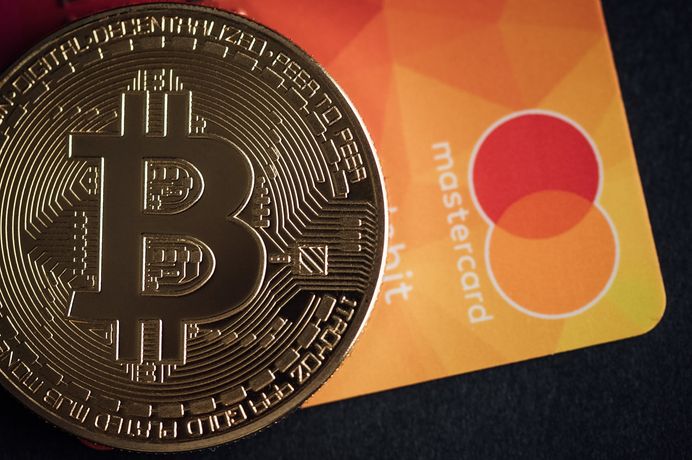In an effort to cut down on overseas trading delays, some of the biggest banks in India have partnered up with Infosys Finacle Connect. With this system based off blockchain technology the team is planning to enable digitisation and automation trade-related finance processes.
Indian Banks' Blockchain Infrastructure Company Private Limited (IBBIC) is a coalition of 15 participating banking institutions including ICICI Bank, HDFC Bank, RBL Bank SBI as well as Canara bank who are looking forward to joining forces for their customers’ benefit.
These Banks in India are coming together to use blockchain technology to create a more efficient banking system. Traditional banks have an issue with processing Letters of Credit, GST invoices, and e-way bills which causes long wait times for transactions while also leaving the data vulnerable.
The new platform will allow traditional bank employees who specialize in these issues as well as those from small businesses (MSMEs) can process their documents electronically without waiting or risking security breaches. This is expected to reduce transaction time substantially while providing a secure environment that benefits everyone involved!
Letter of Credit
To understand what an LC(Letter of Credit) is - it is an letter from the bank that guarantees payment. A buyer can use one to show they are able and willing to pay for something at the time of purchase, but there's no guarantee they'll actually do it until two months later. Not only does issuing an LC take some human oversight (to prevent fraud), you also have to authenticate transactions in order for them count as valid on both sides of the ledger.
This process takes much more effort than using blockchain technology could ever require with its incorruptible data storage system - no matter how many copies get out into circulation!
On similar lines, Varun Bakshi, head of products and transaction banking at RBL Bank quoted that,
Disbursements on domestic LCs, which used to take four to five days, can be done in four hours.
Each bank has a stake of 6.66% in the new system which will be live within the year, and it’ll also have an open design that makes for easy integration with other banks at any time in future plans.
Benefits for MSMEs
Nanopayments have finally made it to the world of invoices. With this new technology, sensitive data is removed and converted into a token that can be used for settlement purposes--for example in an invoice transaction, payments overheads will also be settled with these tokens.
For MSMEs (medium-sized or small enterprises), having such capabilities means their approval processes would become more streamlined through all transactions involving assets, liabilities, disbursement processing etc., which could result in higher efficiency rates and better productivity as well. And most importantly minimal chance of fraud
More on IBBIC..
The incorporation of IBBIC is similar to that of the National Payments Corporation of India (NPCI), which handles critical real-time products like RuPay, UPI, and FASTag.
With blockchain adoption in banks across the globe as they collaborate at an unprecedented scale for betterment from their individual ambitions too; this cooperative model has been widely acclaimed worldwide.
As industry benefits with each bank having something to gain individually also - through competition or collaboration between themselves – it's evident how all these entities will take a giant leap forward by collaborating together yet again under one organization called International Blockchain Bank Consortium Incorporation Company (IBBIC).
Finally, I would like to say, blockchain tech has penetrated various arena in our society and life. And association like IBBIC are more likely to form. With Crypto world witnessing exponentially growth in past year, financial intuitions are yet to take advantage of it.
If you found this article interesting, share your thoughts in the comment section below.







